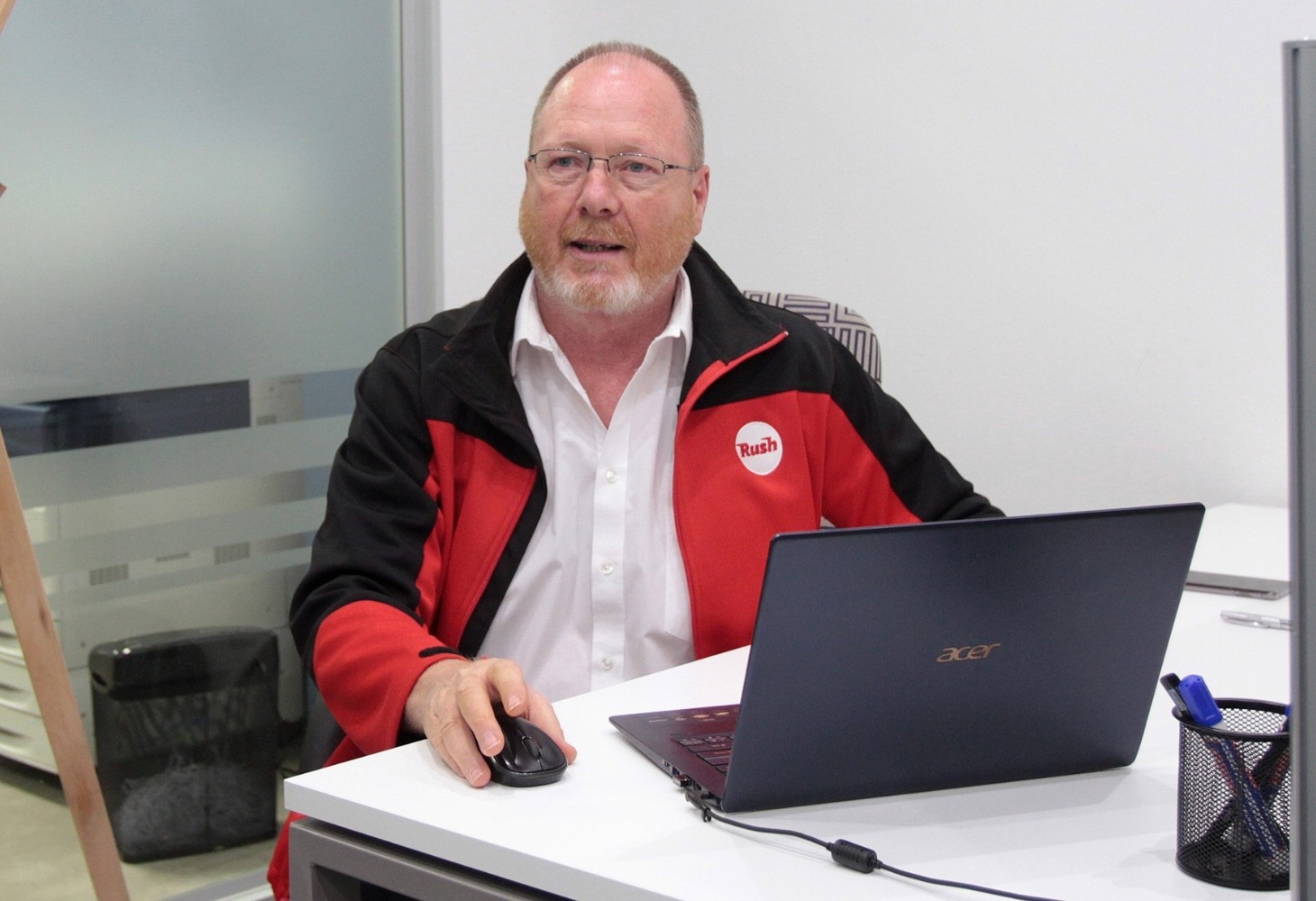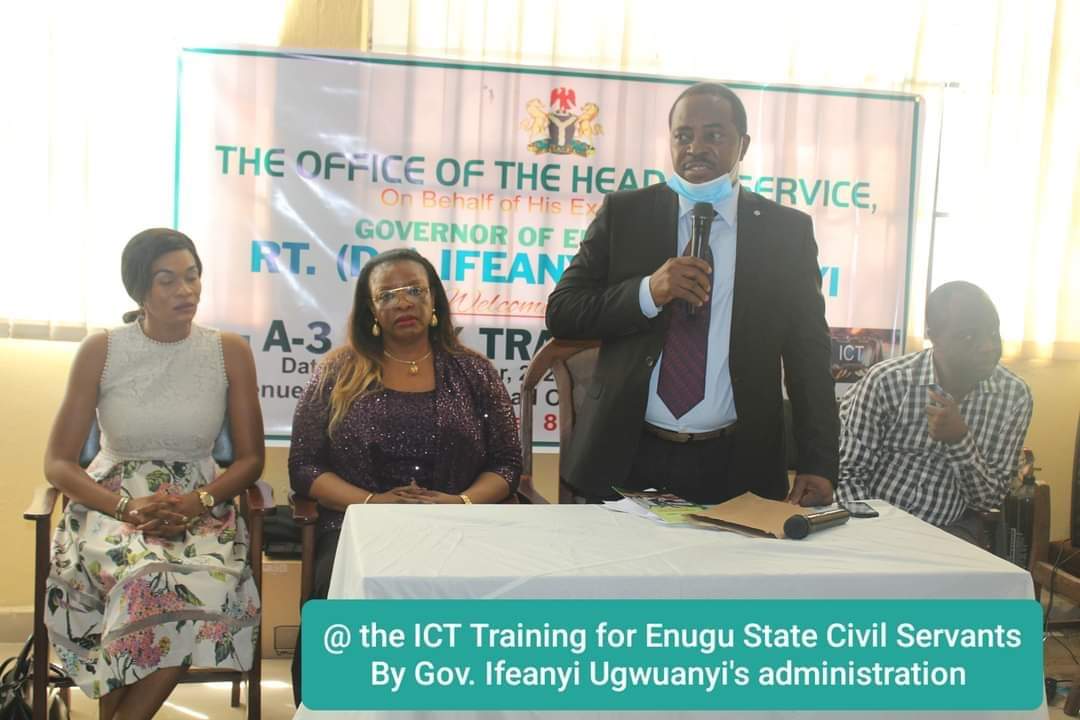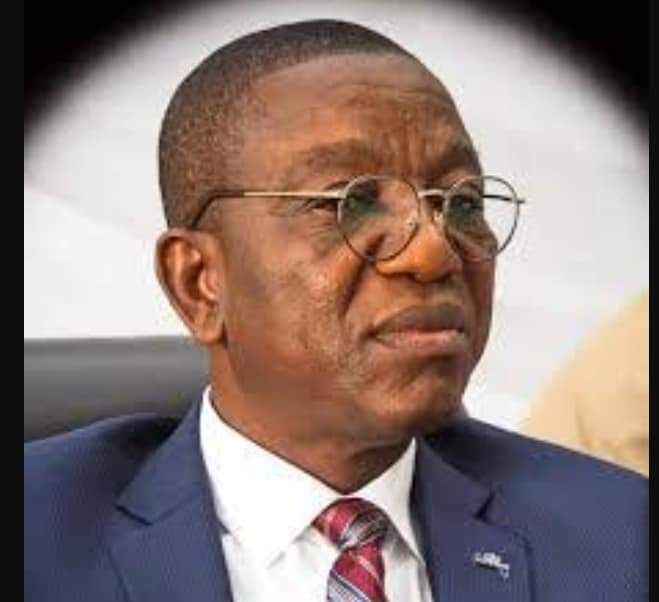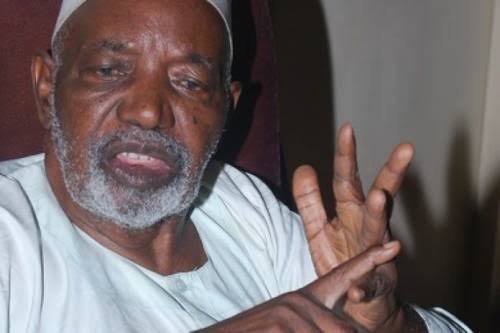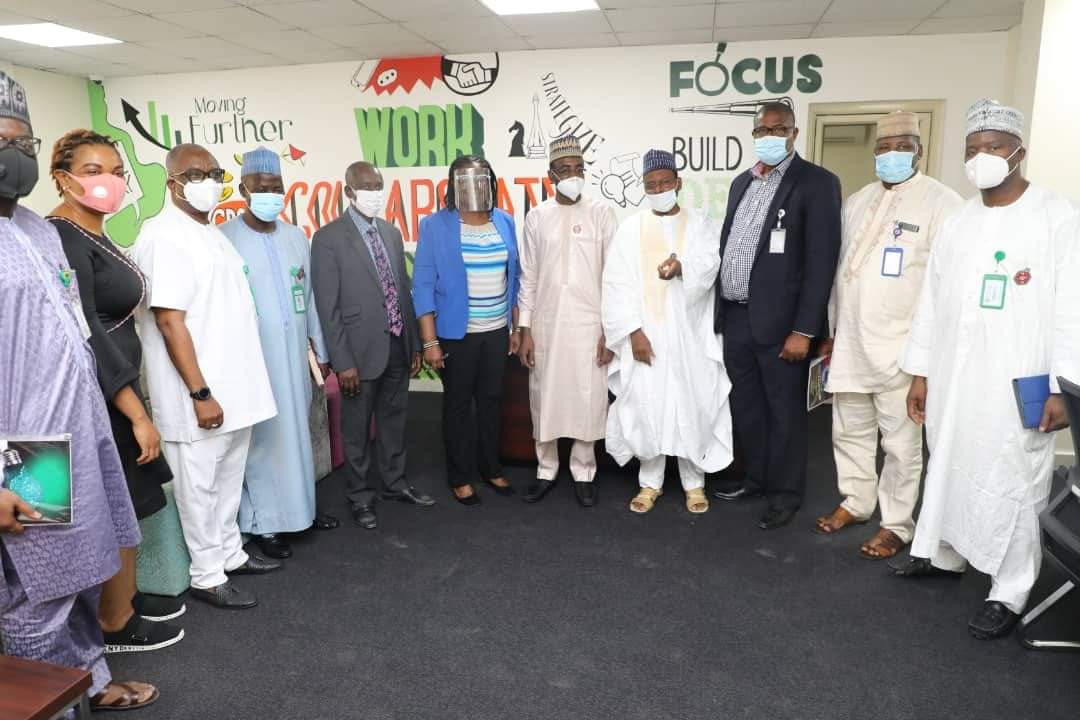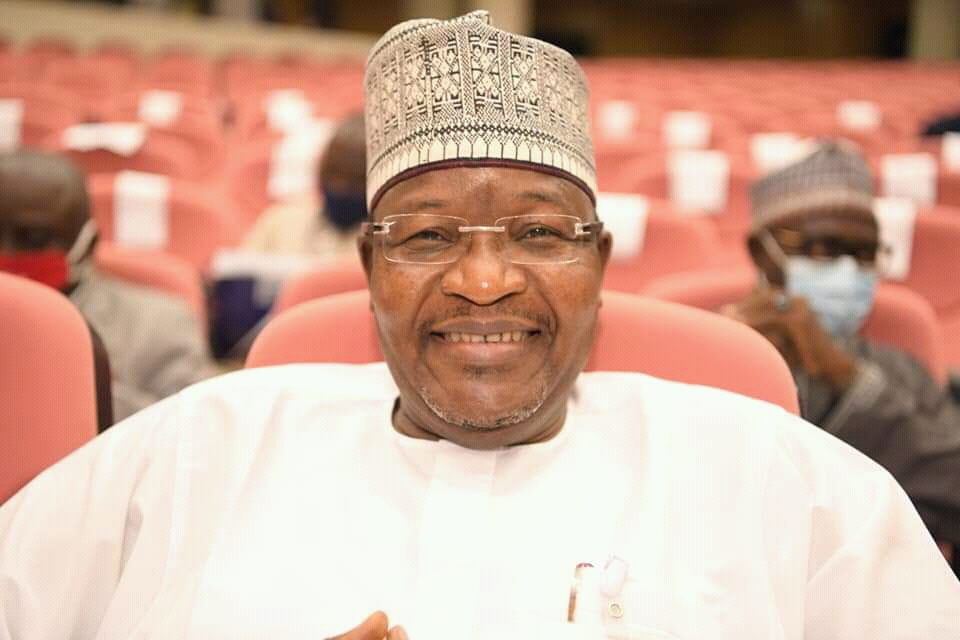“Building a vibrant Digital Agriculture sector that leverages on digital technologies and innovations has become imperative as the population of Nigeria continues to grow with large demographic of young adult,” the Director General, National Information Technology Development Agency, NITDA, Mallam Kashifu Inuwa Abdullahi, CCIE has said.
The DG said this at the Review Workshop on National Digital Agriculture Strategy (NDAS) held virtually.
Mallam Abdullahi who was represented by the Director eGovernment Development and Regulation, Dr Vincent Olatunji hinted that, NITDA under the supervision of the Federal Ministry of Communications and Digital Economy and in collaboration with the Federal Ministry of Agriculture and Rural Development (FMARD) has developed the Nigeria Digital Agriculture Strategy (NDAS) to build a vibrant digital agriculture sector that leverages digital technologies and innovations.
This, he said has become “Imperative as the population of Nigeria continues to grow with large demographic of young adults, especially people migrating from the rural areas to the urban areas”.
The Director General while speaking further, noted that leveraging on digital technologies and innovations will attract youthful population into agricultural sector, create new digital business models across the agriculture value chain, enable millions of jobs increase productivity and increase the contribution of sector to Gross Domestic Product, (GDP).
“I belief it will make Nigeria a leading country in food security and exporter of standard agricultural products to the rest of the world,” he added.
The DG recalled that the administration of President Muhammadu Buhari GCFR has identified agriculture as a key frontier in addressing the economic and unemployment challenges in the country, especially that the Federal Government has promised to leverage on it to take 100 million Nigerians out of poverty by 2030.
Mallam Abdullahi reiterated that these promises are also part of the Minister’s directives to the agencies under the supervision of the ministry.
“NITDA has developed a programme to support the achievement of the Ministry’s mandates and this could be seen as one of the visions of the National Digital Economy Policy and Strategy called the NIGERIA SMART INITIATIVE (NSI).
He said this will facilitate the integration of digital technologies and innovations in every sector of the economy with the aim of unlocking inherent potentials and opportunities, thereby enabling and optimizing each sector substantially for economic diversification and contribution to GDP.
One of the facilitators at the workshop Mr. Lukman Lamid of the NITDA’s eGovernment Department and Regulations explained that eight complementary initiatives have been designed for NDAS among which are; organise Agtech Entrepreneual training programs for startups, establishing Digital Agriculture Strategy and Advisory Forum, establishing and promoting Agtech Career Initiative.
Other includes establishing rural digital literacy initiative in Agriculture, establish agricultural digital innovation hubs for research and innovations, build consortium on ICT for climate-smart agriculture platforms and gender inclusion in digital agriculture.
Speaking further, Mr. Lamid said a platform for the Nigeria Digital Agriculture Community group will be created to include NITDA, Federal Ministry of Agriculture and Rural Development, Federal Ministry of Communications and Digital Economy, Related Federal Public Institutions, State Governments and Farmers.


